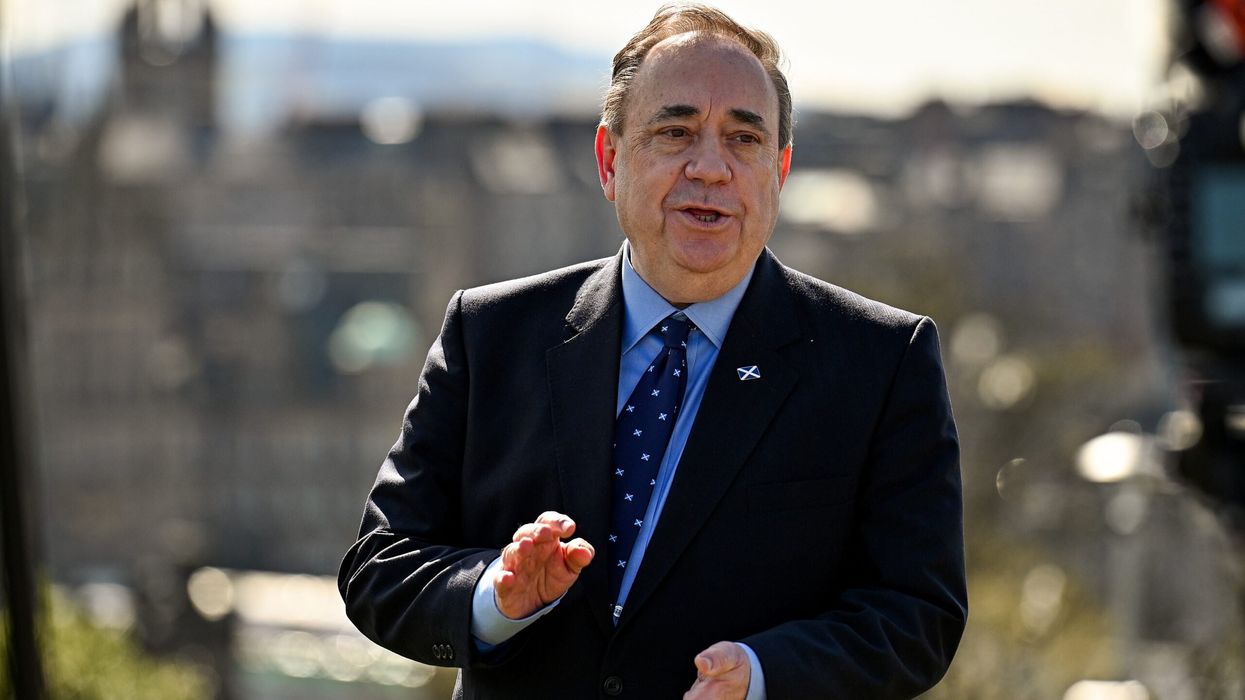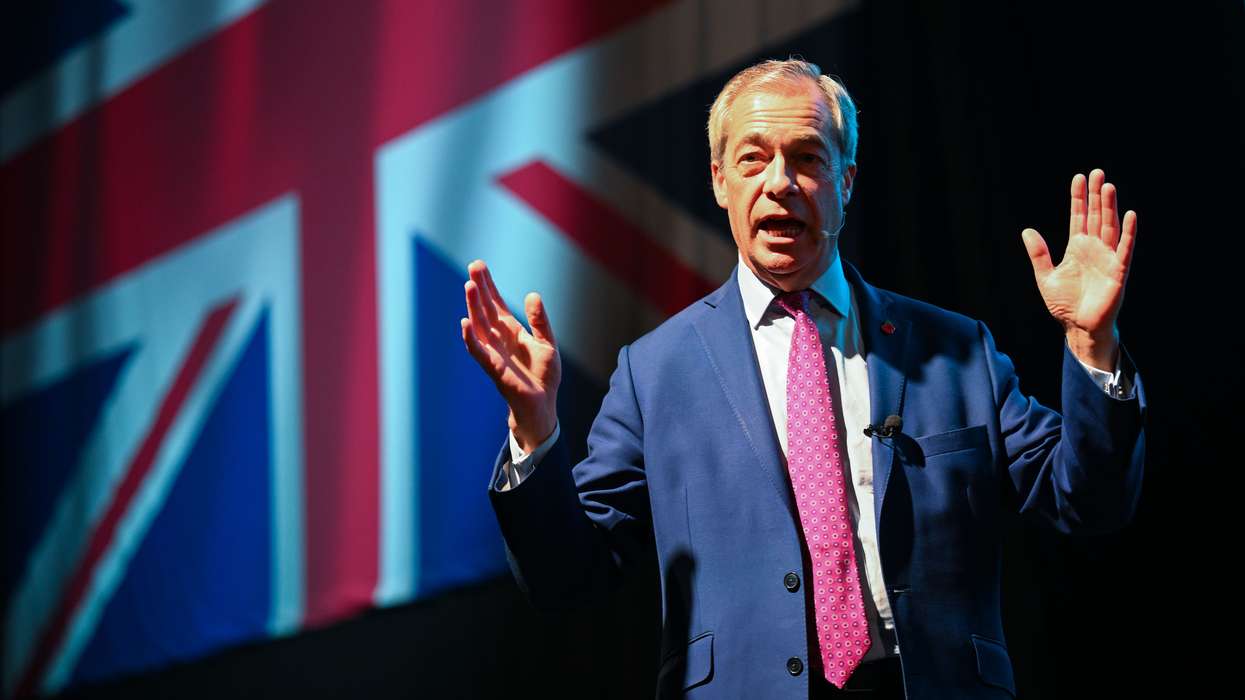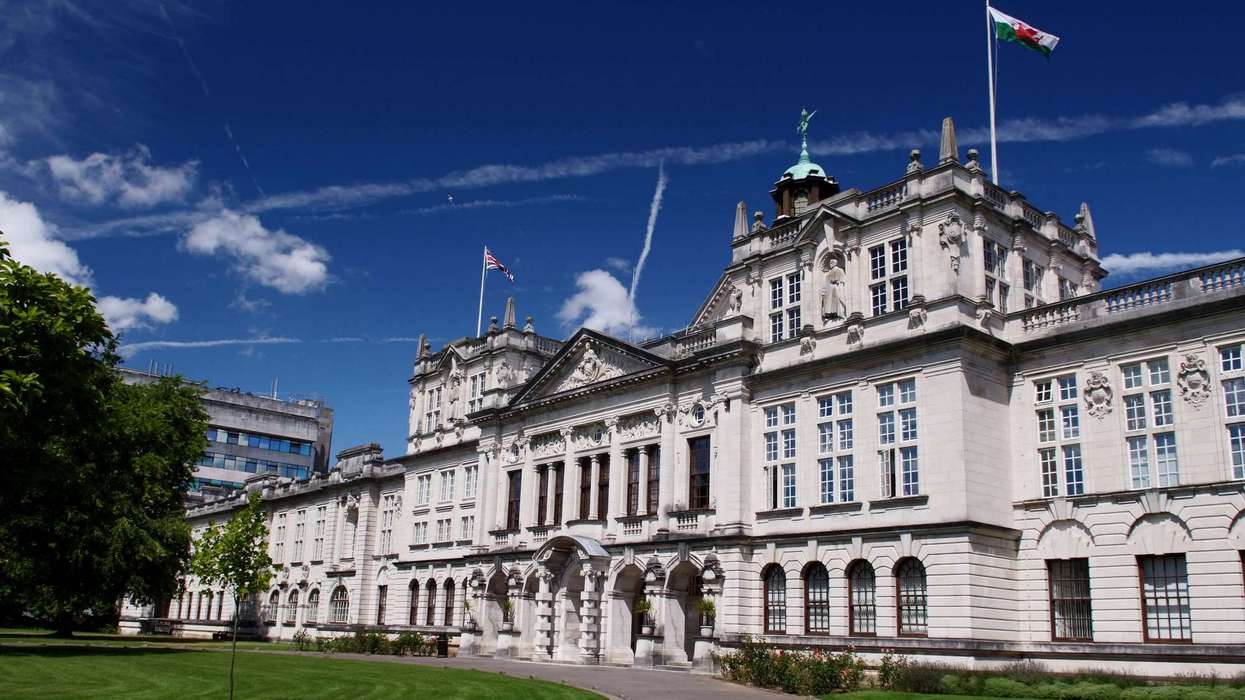SCOTLAND'S former first minister and leader of the independence movement, Alex Salmond, has died at the age of 69. The Scottish National Party (SNP), which Salmond once led, confirmed his death on Saturday.
Salmond, who served as Scotland's leader from 2007 to 2014, reportedly fell ill after delivering a speech in North Macedonia, according to media reports.
"Alex Salmond, former leader of the SNP and first minister of Scotland, has died," the SNP posted on its official X account, alongside a black-and-white image of Salmond. The statement credited his leadership for bringing the SNP into the political mainstream and shaping the Scottish government, calling him "a titan of the independence movement."
Politicians from across the spectrum paid tribute to Salmond, acknowledging his significant impact on Scottish politics.
Keir Starmer called him "a monumental figure of Scottish and UK politics" with a lasting legacy. Rishi Sunak said that while he disagreed with Salmond on the issue of Scottish independence, there was no doubting his political skill and passion.
Scotland's current first minister and SNP leader, John Swinney, expressed his shock and sadness, calling Salmond’s death untimely. "Alex worked tirelessly and fought fearlessly for the country he loved and its independence," Swinney said.
Political career
Salmond was known for turning the SNP from a minor party into the dominant political force in Scotland. His leadership saw the SNP secure a historic majority in Scotland’s 2011 devolved parliament election, breaking the long-standing Labour-Conservative two-party dominance.
This victory gave Salmond the political momentum to push for a referendum on Scottish independence, which David Cameron agreed to in 2014. Although the "yes" campaign for independence was defeated by 55 per cent to 45 per cent, it elevated the question of independence to the forefront of UK politics.
Following the referendum, Salmond stepped down as SNP leader and Scotland’s first minister, handing over leadership to Nicola Sturgeon. He later returned to Westminster as an MP but lost his seat in 2017.
Legacy and later years
Salmond’s later years in politics were marked by controversy. In 2018, he resigned from the SNP amid allegations of sexual misconduct. He faced 14 charges, including rape and sexual assault, but was acquitted in 2020. Prior to this, Salmond won £500,000 in compensation from the Scottish government for its handling of the investigation.
Despite the personal and political rift that followed, Sturgeon acknowledged Salmond's significance. In her statement, she expressed sorrow at his death, reflecting on their partnership as one of the most successful in UK politics, though noting the breakdown of their relationship in later years. Salmond also played a crucial role in advancing the cause of Scottish independence.
In recent years, Salmond founded the pro-independence Alba Party, though it did not achieve the electoral success of the SNP.
(With inputs from AFP)




